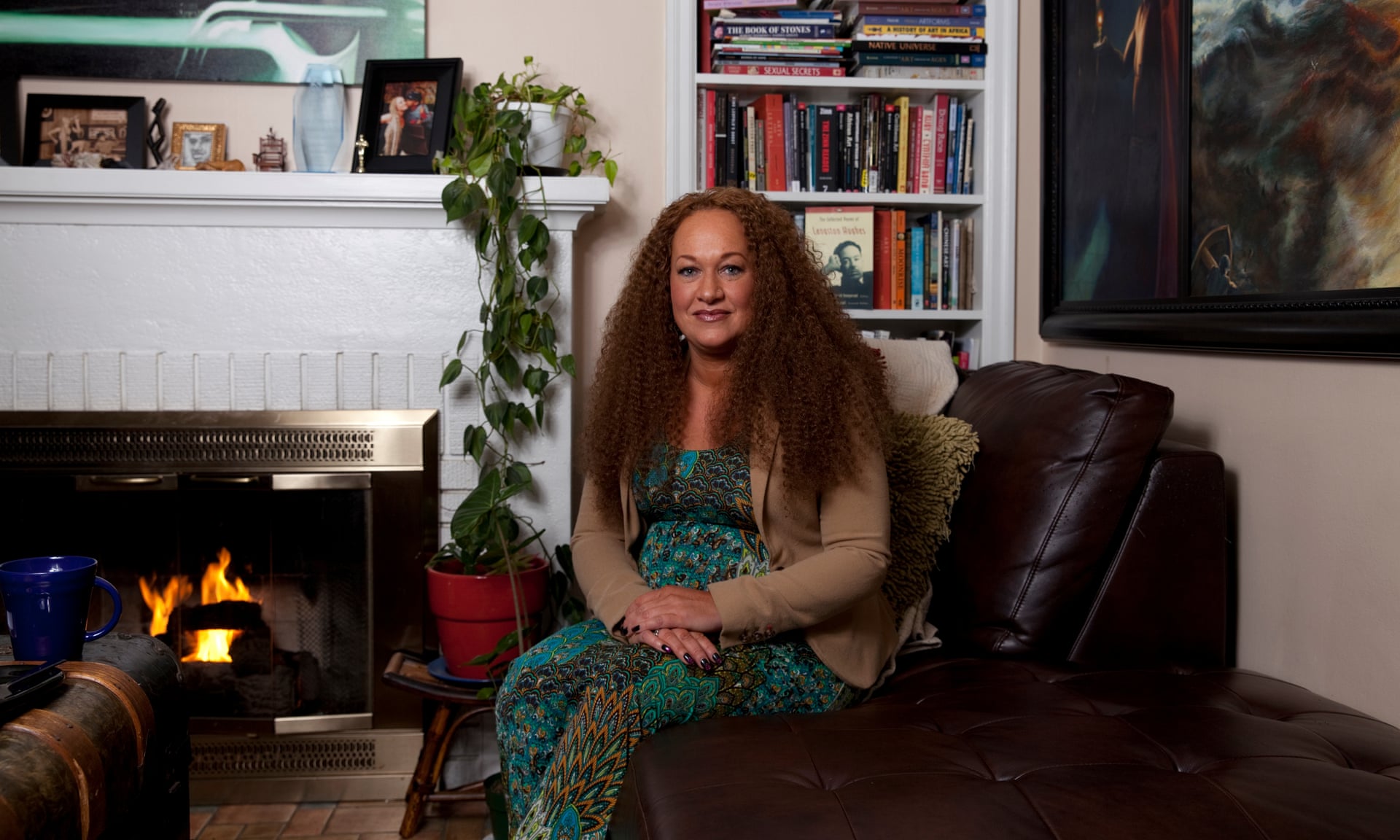Black like her: Is racial identity a state of mind?Posted in Articles, Health/Medicine/Genetics, Identity Development/Psychology, Media Archive, Passing, United States on 2016-01-19 20:13Z by Steven |
Black like her: Is racial identity a state of mind?
The Washington Post
2015-06-16
Amy Ellis Nutt, Reporter
While people continue to question the motivations behind former NAACP official Rachel Dolezal’s claiming she is black, scientists say identity, even racial identity, doesn’t arise from any single place in the brain.
Individuals contain different selves, often contradictory selves, according to neuroscientists. There is no clump of gray matter or nexus of electrical activity in the brain that we can point to and say, “this is me, this is where my self is located.” Instead, we are spread out over our brain, with different areas of cortex controlling different aspects of who we are, from what we see and hear to how we think and feel.
For instance, the medial prefrontal cortex, the part of the brain located just behind the forehead, is activated whenever we think about ourselves. But when we think about how someone else thinks about us — does my spouse think I’m pretty? — the medial prefrontal cortex disengages and the posterior part lights up. Culture and community, neuroscience tells us is, are important constituents of identity, which may explain why children understand social interactions before they even learn to talk. Identity, in other words, is complicated.
Carolyn Yoon, a cognitive psychologist at the University of Michigan’s Institute for Social Research, says she doesn’t “see what the big controversy is” regarding Dolezal’s claim to identify as a black person.
“That’s a reasonable view in my book,” Yoon said. “Identity is highly malleable and is a function of what she comes in contact with, what she spends her time doing, is interested in and motivated by. Over time that will change your brain.”…
…There is certainly historical precedence for passing as black. Effa Manley was born to Bertha Brooks, a white woman, in Philadelphia in 1900. Brooks was married to an African-American man and so Effa grew up with six biracial siblings. She, however, was the product of an affair her mother had with a white man. Although blonde-haired, hazel-eyed Effa believed she also was biracial until her teens when her mother told her the truth.
Nonetheless, Effa lived our her life as a black woman: she married an African American, lived in Harlem and became the well-known co-owner of a Negro League baseball team. She also belonged to the NAACP and the Urban League and was once profiled in Ebony magazine.
Whether it was her early life experiences, self-deception or mirror neurons — or all three — Effa Manley saw herself as a black woman, which is why she could muse to a reporter when she was in her 70s, “I’ve always wondered what it would be like to associate with white people.”…
Read the entire article here.



